In December 2013 the Chairman of the Russian Brewers Union Isaak Sheps addressed a request to the First Deputy Chairman of the Government A.V. Dvorkovich to amend the current legislation in terms of reducing malt share in beer production from 80% to 50% and not to follow the recommendations of the Federal Service for Alcohol Market Regulation to change some statements in the Technical Regulation of the Eurasian Economic Commission:
“States – Members of the Customs Union have a right to set special requirements in the national legislation concerning the content of the raw materials produced in their territory”.
We are happy that Arkady Vladimirovich deferred to opinion about necessity to use malt in beer production and protected the Russian legislation (Instruction № АД-П11-8442 dd. 22.11.2013).
In his appeal to the Government, Isaak Sheps informed that in case of toughening of requirements for raw materials, the status “beer beverage” will strike the product reputation. He noted that applying of the national standards to raw materials within Customs Union will place Russia in a position of inequality as compared with other countries – participants. And the production of squeezed by law beer brands can be moved to neighboring countries.
What does this threat mean?
“If you argue against, we’ll move to Kazakhstan and Belarus, from there – glut Russian shop counters and you’ll lose excise duties…”
Is Isaak Sheps’s threat real and why do we compare Sheps’s threats with the famous statement of the politician Nikita Khrushchev who once claimed “I’ll show you Kuzka’s mother” and created great translation problems. Even today, you’ll not find a simple explanation of this phrase in Wikipedia
http://en.wikipedia.org/wiki/Kuzma%27s_mother
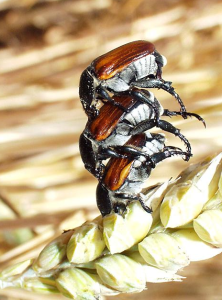 Let us remember, who was Khrushchev? He was born in the Kursk Province, nowadays the first and major region of malting barley production in Russia and he knew that “kuzka” was Anisoplia austriaca beetle (Anisopliaaustriaca) that killed tens and hundreds of thousands ha of plantings in czarist days. And Khrushchev’s phrase meant nothing else but “to throw to starvation”.
Let us remember, who was Khrushchev? He was born in the Kursk Province, nowadays the first and major region of malting barley production in Russia and he knew that “kuzka” was Anisoplia austriaca beetle (Anisopliaaustriaca) that killed tens and hundreds of thousands ha of plantings in czarist days. And Khrushchev’s phrase meant nothing else but “to throw to starvation”.
What is our resume?
“The danger of reducing beer production in Russia due to the possible moving to Belarus and Kazakhstan holds no water”.
In the Russian Federation the division of the category “beer” and beer-based beverages” was made in July 01, 2012. As a result the share of “beer beverages” in the total production volume was minimal.
According to the data of the Federal State Statistics Service beer production in the RF in 2012 was 951.823 thousand dL. and beer-based beverages – 23.677 thousand dL ( from 01.07 to 31.12.2012).
In 2013 beer production was 826.745 thousand dL. and beer-based beverages – 59.082 thousand dL., so the share of beer-based beverages in the total output doesn’t exceed 6,6%. Dear me! Is 6% worth to be transferred?
Additionally, the Republic of Belarus produces no more than 47.000 dL./year – approximately 4-5% of the total beer production in Russia.
The Republic of Kazakhstan produces 48.000 dL./year, so aggregate capacities of both Republics are 10% of the whole Russian output. Transfer process of beer production to the other countries involves not only investment in construction or modernizing of the brewing plants but solving of raw materials problems: malting barley, malt, containers productions, etc.
For example, the only one manufacturer of brewers’ malt in the Republic of Belarus, JSC “Belsolod”, can not produce over 160.000 t. of malt per year that is equal to internal need in malt and small share of export to Russia. So, malting barley plants will not be able to produce over 300.000 t./year simultaneously because planted areas of the Republic and the present crop rotation system can’t provide a multiple increasing of production volumes both from agricultural and economic points of view.
High-maltose syrup is not produced in the territory of Republics and imported from Russia, so the production cost of beer-based beverages with high concentration of sacchariferous components will be increasing.
The same situation is in Kazakhstan: the only one malt producer and absence of malting barley (it is imported from Russia). So, beer and beer-based beverages production in mentioned Republics will be unprofitable. For example, the delivery of brewers’ malt from Russia to Kazakhstan will be 4.000 rub./ton.
The essential component of cost increasing is a delivery of finished beer to the Russian consumers. Isothermal wagon, necessary for transportation of perishable goods, holds 30.000 1.5l.PET bottles (loaded ceiling high, by hand). Usually it is loaded in euro-pallets and the wagon capacity is near 50 pallets with 400 bottles = 20.000 bottles.
According to tariffs of OJSC “Refservice” – a subsidiary of JSC “Russian Railways”, shipping costs are the following:
Minsk-Sortirovochny – Moscow-2-Mitkovo = 87066,26 rub/wagon
Minsk-Sortirovochny – Novosibirsk-Glavny = 282861,10 rub/wagon
Astana – Moscow-2-Mitkovo = 190315,86 rub/wagon
Astana – Novosibirsk-Glavny = 93989,05 rub/wagon.
Mentioned tariffs include carriage charges and additional fees: loaded and empty run in the territory of the RF and service fees for railway equipment of JSC “Refservice”. Tariffs are valid as of March 2014, excluding shipping costs in the territory of the Republic of Belarus and/or the Republic of Kazakhstan that will follow a 30-50% increase.
So, the price for 1,5l – bottle of beer will increase to 5 rub. in case of delivery from Minsk to Moscow and from Minsk to Novosibirsk to 15 rub.; the same situation in Kazakhstan.
Beer like grain has weigh, so beer as well as raw materials for its production shall be put closer to the place of manufacture and consumption, in other case logistical costs will be high and the beer price will be heavy and uncompetitive correspondingly. And what’s the use of threats?
As far as Dear Isaak speaks Russian poorly, his helpers can translate the phrase “I’ll show you Kuzka’s mother”, better to his native Rumanian.
There is one more famous Russian proverb: “As you sow you shall mow”. We are sure that this phrase is much easier to translate into foreign language.





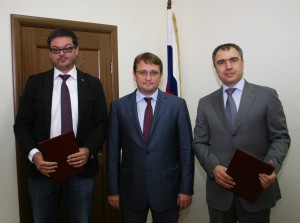
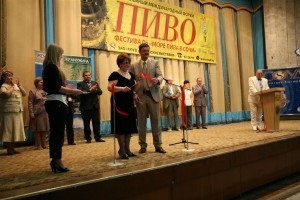

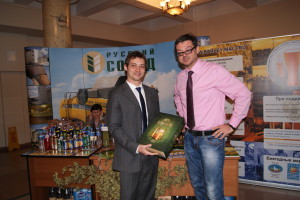
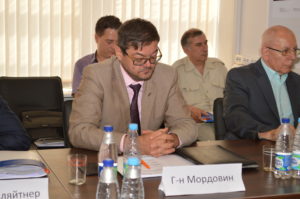
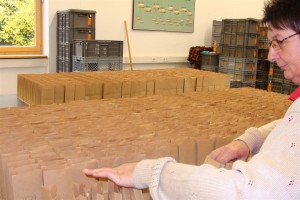
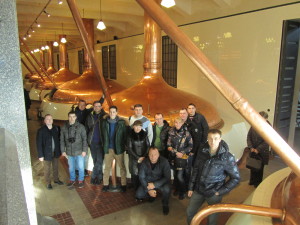



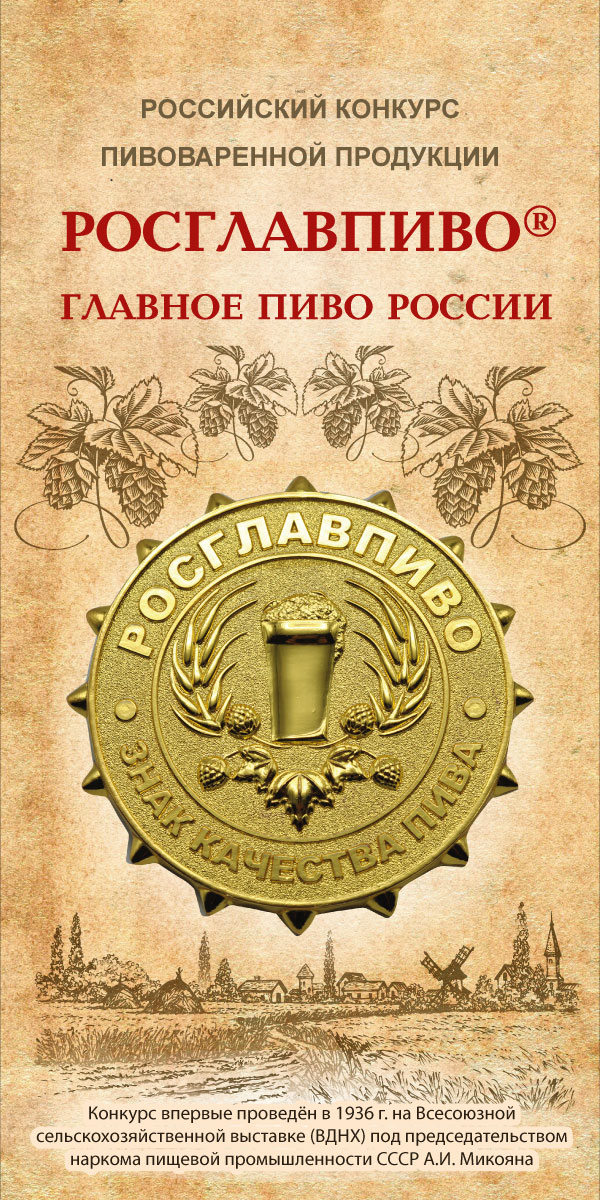
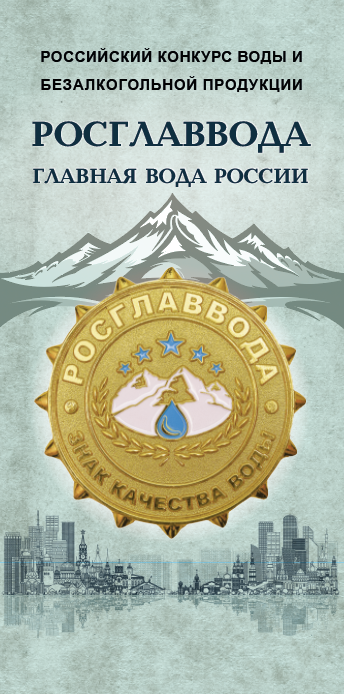
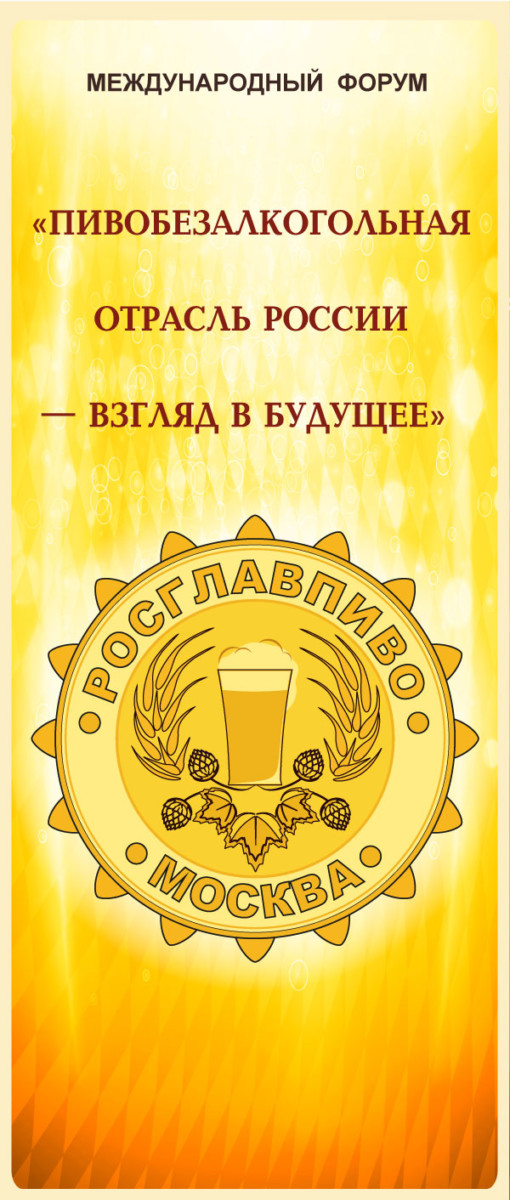
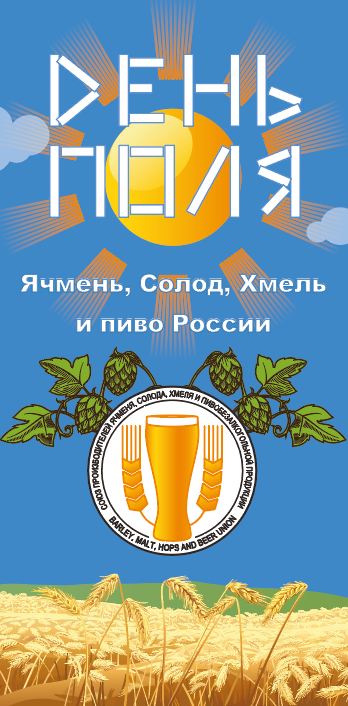
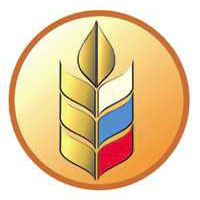
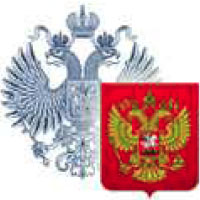
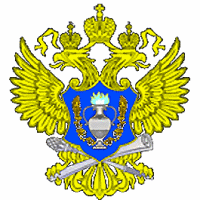
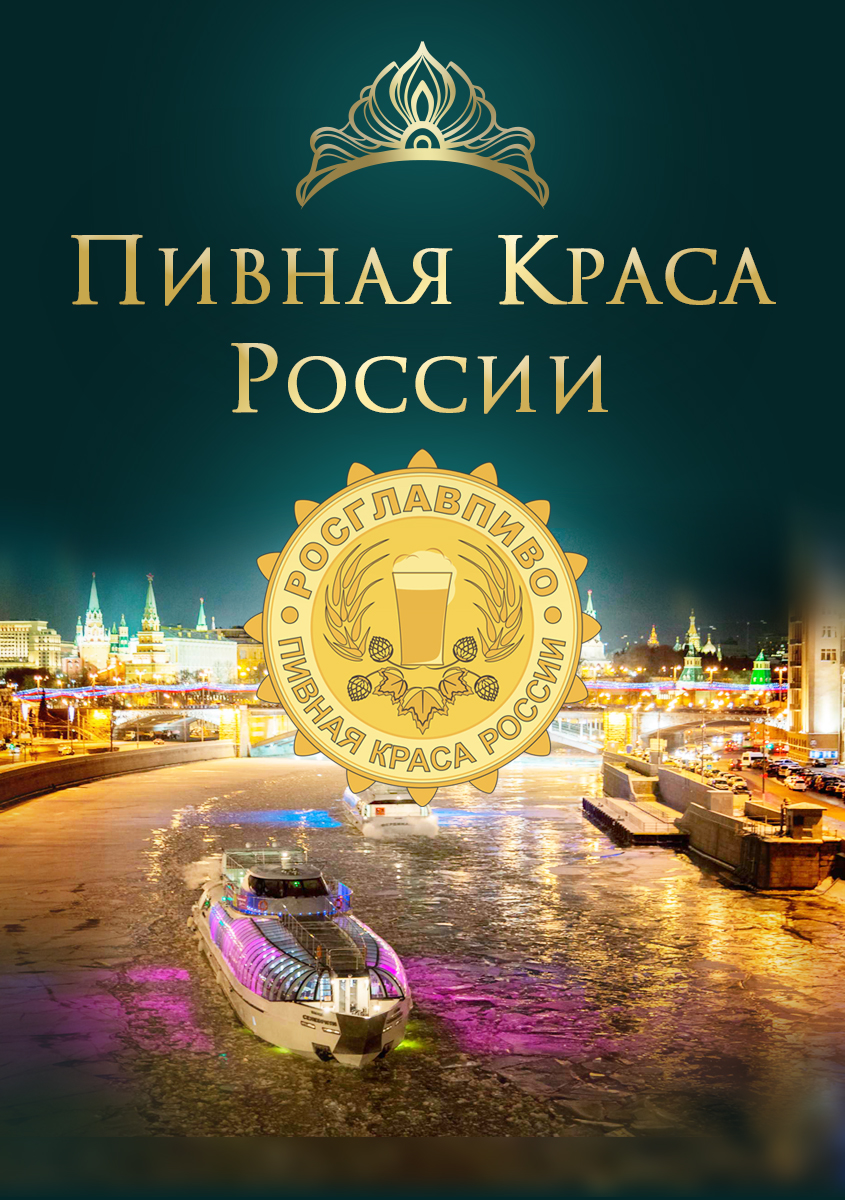

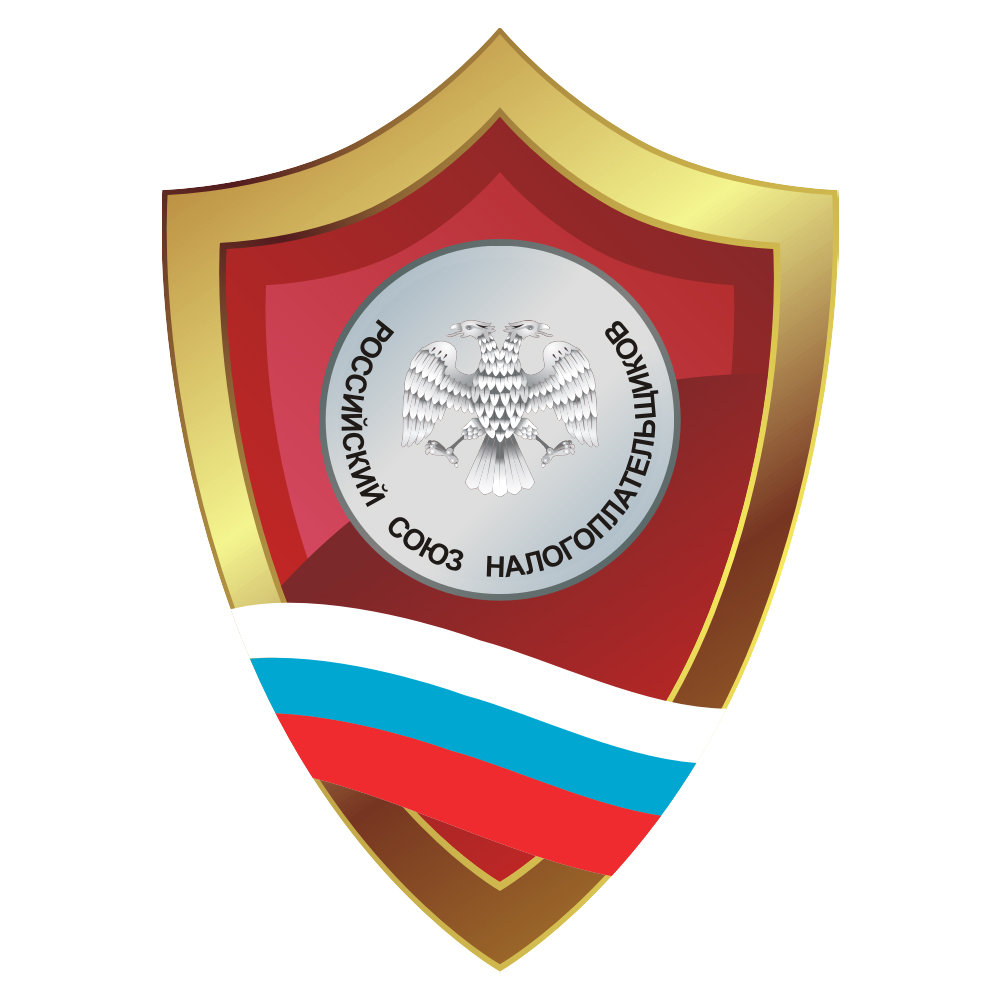
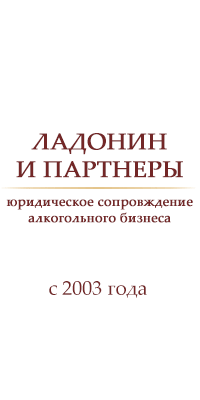

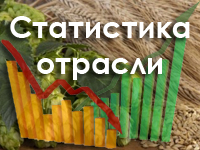
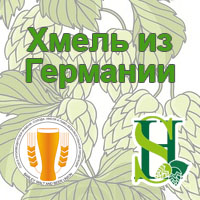




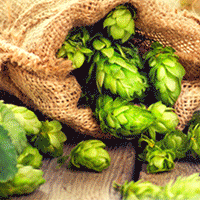



No comments